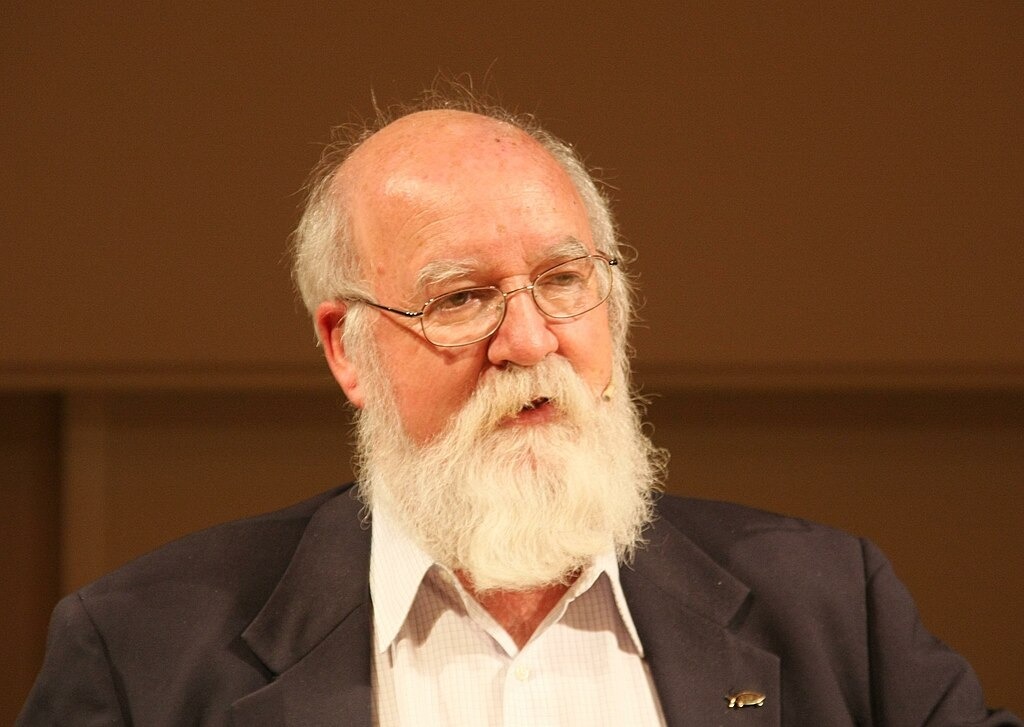
Humanism lost a titan of the movement in April when the American philosopher Daniel Dennett died at the age of 82. One of the so-called “Four Horsemen of New Atheism”, along with Richard Dawkins, Christopher Hitchens and Sam Harris, he was a prominent advocate of secularism and melded philosophy and science in his work on consciousness and cognition.
Dennett’s evolutionary take on religion, which he described as a “meme” that replicates and evolves as it passes between people and generations, like a parasite or a virus, proved influential in his field. He contributed to New Humanist on several occasions, including a 2007 article on “faith” in science.
Dennett was not without his detractors. As our former editor Caspar Melville wrote when he met him back in 2013, his debates could feel “more like a bare-knuckle street fight than a regulation bout”. But Melville concluded, as so many did, that “my encounter with Dennett … sharpened my thinking”. As a 21-year-old, the young Dennett defined his project as “figuring out as a philosopher how brains could be, or support, or explain, or cause, minds.” He not only made an indelible contribution to this project, but also proved a formidable figure in the secular and rationalist movements. He will be sorely missed.
This article is a preview from New Humanist’s summer 2024 issue. Subscribe now.


